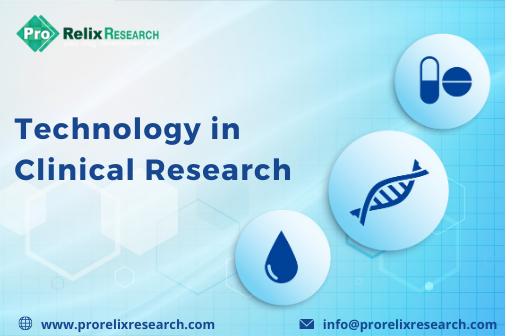Technology in Clinical Research
The technologies we use on a daily basis – from search engines to streaming music services – recognize patterns in our behaviors and, coupled with vast amounts of data from millions of other individuals, make predictions of what each of us may want in the future. In so doing, the power of data at scale has transformed almost every industry, personalizing our experiences with different platforms in many aspects of our lives. Yet in Clinical Research we’ve only scratched the surface.
The dream of bringing about this transformation in clinical research has been around for several years, but it wasn’t achievable because the digitization of clinical research has never been at the requisite level, until recently. Depending on who you ask, the future of personalized clinical research data can mean many different things, but the unifying theme is that it will be about meaningful data at scale.
In our view, that means utilizing technology to acquire more data from each patient than ever before and bringing together data from more patients to arrive at a deeper understanding of how to treat an individual based on these ultra-high resolution profiles. Only then can we visualize what distinguishes each of us as individuals, and translate that into a clear, personalized path towards improved care for every person.
We know that the use of real-world evidence, molecular information generated from next-generation sequencing, data from wearable devices and mobile apps, and results of novel clinical trials can help transform the future of care. However, we need to combine and aggregate this information in a manner that enables answers to questions that meet the needs of patients. And for us to get to those meaningful answers, we need to have a certain breadth and depth – and quality – of that data.





